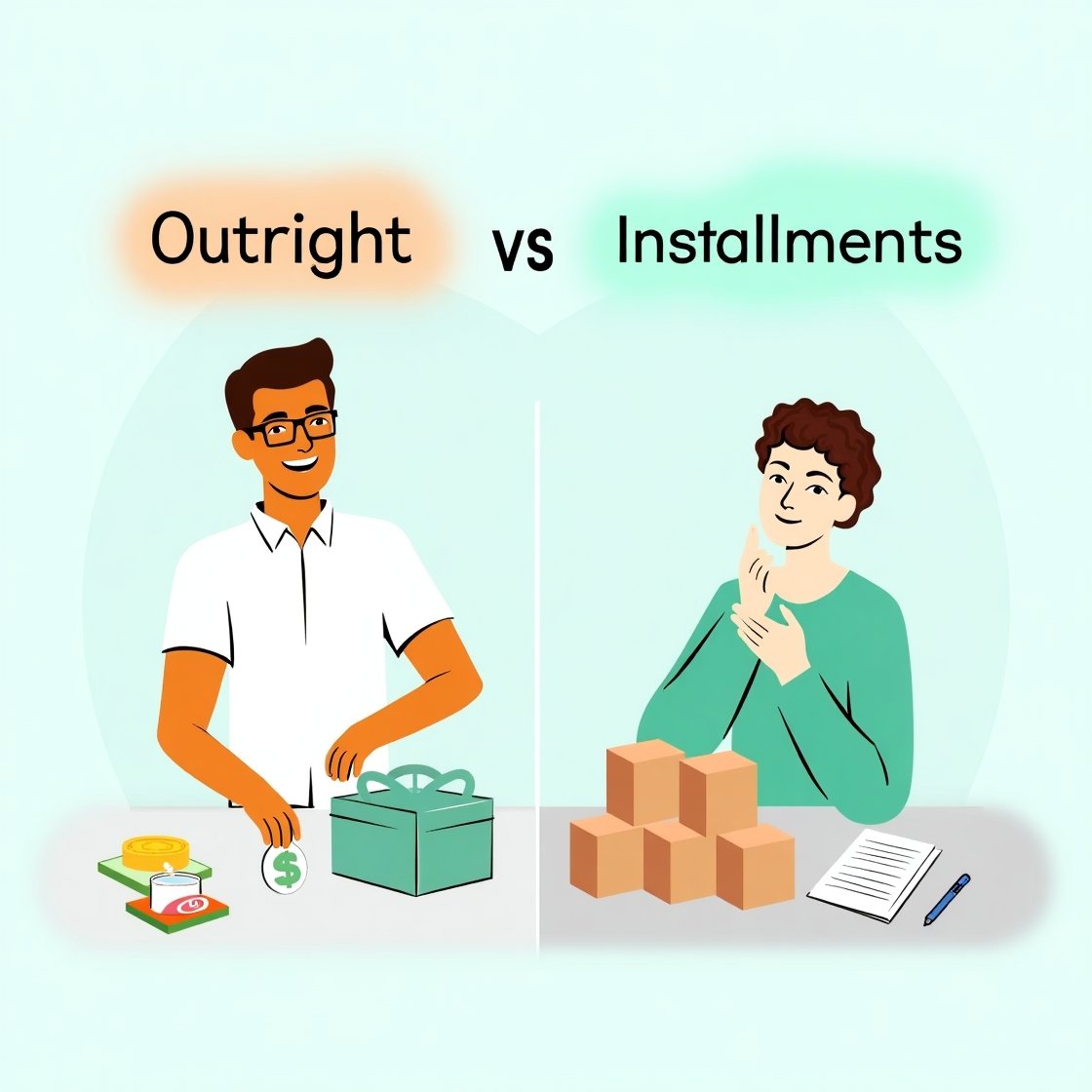How to Avoid Impulse Purchases and Save More 2025
Impulse purchases can quickly drain your finances and prevent you from reaching your savings goals. Whether it’s a last-minute online deal, an eye-catching product at checkout, or an emotional purchase, these unplanned expenses add up over time. Learning how to control impulse spending can help you save more and achieve financial stability. In this guide, we will explore effective strategies to avoid impulse purchases and make smarter financial decisions.
What Are Impulse Purchases?
Impulse purchases are unplanned expenses made spontaneously, often driven by emotions, marketing tactics, or social influence. Unlike planned purchases, these decisions typically lack thorough consideration and can lead to financial strain. Common examples include fast fashion items, unnecessary gadgets, or excessive dining out.
The Psychology Behind Impulse Buying
Understanding why we make impulse purchases is crucial to controlling them. Several psychological factors influence impulsive spending:
- Emotional Triggers: Stress, boredom, or happiness can lead to spontaneous purchases.
- Marketing Tactics: Retailers use limited-time offers, discounts, and persuasive advertisements to encourage buying.
- Instant Gratification: The excitement of getting something new can override logical thinking.
- Social Influence: Seeing others buy a product may create a fear of missing out (FOMO).
By recognizing these triggers, you can take steps to manage impulsive spending effectively.
10 Effective Strategies to Avoid Impulse Purchases
1. Create a Budget and Stick to It
A well-structured budget helps you allocate money to essential expenses, savings, and discretionary spending. When you have a clear financial plan, it’s easier to resist unnecessary purchases.
2. Use the 24-Hour Rule
Before making a purchase, wait 24 hours to determine if you truly need the item. This delay helps reduce impulsive decisions and gives you time to assess its necessity.
3. Make a Shopping List
Having a list when shopping prevents you from buying unnecessary items. Stick to your list and avoid wandering into sections of the store that may tempt you to spend more.
4. Limit Credit Card Use
Credit cards make it easy to overspend since you don’t feel the immediate impact of a purchase. Consider using cash or a debit card to make transactions feel more real.
5. Identify and Avoid Triggers
Recognize patterns in your impulse purchases. Do you shop when you’re stressed? Do online sales tempt you? Identifying these triggers allows you to take preventive measures.
6. Unsubscribe from Promotional Emails
Retailers send frequent emails with enticing discounts. Unsubscribing from these newsletters can reduce temptation and help you focus on necessary expenses.
7. Set Savings Goals
When you have a financial goal, such as an emergency fund or vacation, it becomes easier to resist impulse spending. Remind yourself of your goals before making unplanned purchases.
8. Use Cash Envelopes
The cash envelope system involves setting aside specific amounts of cash for different spending categories. When you use cash instead of cards, you become more mindful of your spending.
9. Track Your Expenses
Keeping track of your spending habits helps you identify areas where you overspend. Apps like Mint or YNAB can assist in monitoring your expenses and keeping you accountable.
10. Practice Mindful Spending
Ask yourself key questions before making a purchase:
- Do I really need this?
- Will I use this item regularly?
- Is this purchase worth the cost? Being mindful of your spending helps you make more intentional financial decisions.
Long-Term Benefits of Avoiding Impulse Purchases
By adopting these strategies, you can experience significant financial benefits:
- Increased Savings: Money that would have been spent impulsively can go toward savings or investments.
- Reduced Financial Stress: Managing money wisely leads to better financial stability and less stress.
- More Financial Freedom: With better spending habits, you gain control over your finances and can work toward achieving long-term goals.
Conclusion
Impulse purchases can be a major barrier to saving money and reaching financial goals. By understanding the psychology behind impulsive spending and implementing strategies to avoid it, you can take control of your finances. Budgeting, mindful spending, and setting clear financial goals will help you make smarter financial decisions and save more over time. Start today and build a habit of conscious spending to secure a more financially stable future.
Discover how to transform your relationship with money and finally achieve that long-awaited financial freedom. If you’ve ever felt overwhelmed by debt, disorganized budgets, and the sense that your money is simply vanishing, it’s time to take control.
In the e-book Master of Finances: How to Control Your Money and Achieve Financial Freedom, Ler mais renowned economist Tayrine Campos reveals practical, innovative strategies to help you:
- Analyze and effectively reorganize your financial situation;
- Create and maintain a realistic budget that truly works;
- Eliminate debt and invest with confidence;
- And most importantly, turn financial challenges into opportunities for a secure future.
This guide is perfect for anyone who wants to seize control of their finances, break free from the cycle of debt, and begin paving the way toward financial independence. If you’re ready to take the first step toward a worry-free financial life, check out this comprehensive and transformative guide:
Check out the Master of Finances e-book

Share this content:




Post Comment